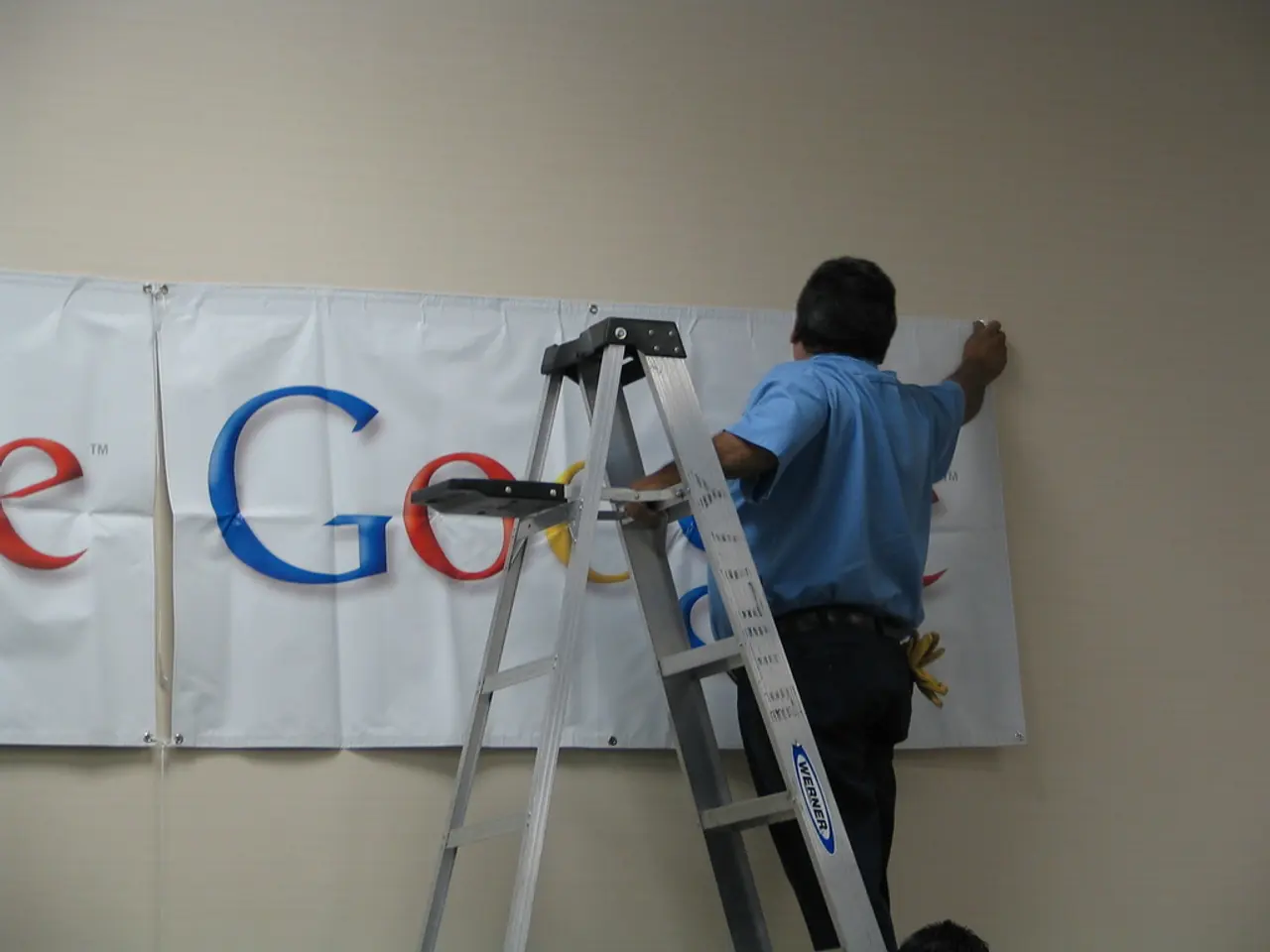Google's dominance in the tech industry classifies it as a monopoly, raising queries about its influence on various markets.
In a landmark decision, a US court has ruled that Google's search engine unit is legally a monopoly, setting the stage for potential anti-trust action against the tech giant. The court found Google guilty of exploiting its dominance to squash competition and stifle innovation.
Judge Amit P. Mehta argued that Google has done everything in its power to maintain its lock on the market and muscle out potential rivals. If Google is broken up, it will be the biggest anti-trust action since the oil industry was broken up at the start of the 20th century, or since the telecoms industry was broken up in the 1980s.
The break-up of Google could lead to increased competition, innovation, and more diverse digital markets globally. McKinsey's estimates suggest that a break-up of Google could boost the internet's contribution to global GDP from the current 3.4% to potentially higher levels. A more competitive online advertising market could offer easier access for smaller companies and start-ups, leading to the launch of more apps.
However, the process of breaking up Google is expected to be long and complex, with potential casualties along the way. The split of Google might involve divesting its Chrome web browser, Android mobile operating system, or separating its search engine from its other operations. Regardless of the specifics, a break-up of Google would necessitate significant changes in marketing and product strategies.
If Google is broken up, lower advertising costs are expected, benefiting consumers and potentially making markets more open. The impact of Google's potential break-up on markets could be significant, affecting various sectors including investments. Alphabet, Google's parent company, is worth $2 trillion and has a substantial presence in many portfolios worldwide.
Judge Mehta's ruling could pave the way for the US government to take action against Google, including potentially breaking it up. The break-up of Google's monopoly could lead to increased competition, innovation, and more diverse digital markets globally. However, it might also cause short-term market disruptions and regulatory challenges as new players emerge and adapt.







